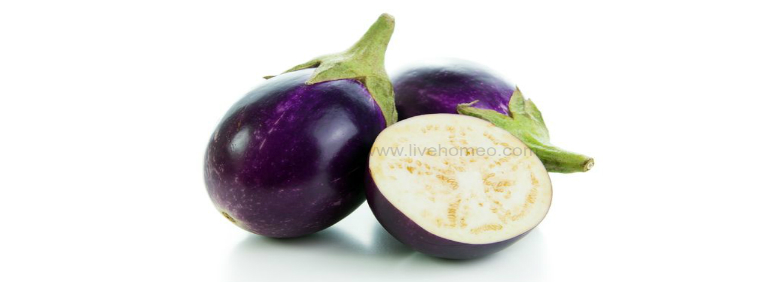Diabetes is a group of metabolic diseases, it is also known as Diabetes mellitus (DM). It is a condition where pancreas in our body cannot produce required insulin or our body do not use it properly. Diabetes is a chronic disease, it cannot be cured completely. Though it cannot be cured completely, it can be controlled with treatment, healthy eating, physical exercise and lifestyle changes. Many people now days are facing diabetes problems due to their unhealthy food habits and lifestyle. Hyperglycemia and hypoglycemia are the two important conditions of diabetes. Hypoglycemia is defined as a state of low glucose levels in the body, whereas hyperglycemia is defined as a state of high glucose levels. There are different types of diabetes, they are Type 1 diabetes, Type 2 diabetes, gestational diabetes, maturity onset diabetes of the young (MODY), latent autoimmune diabetes of adults (LADA), inherited form of diabetes and prediabetes. Many individuals tend to develop hyperglycemia and hypoglycemia if the diabetes is not treated properly. People with diabetes are at high risk of developing many health problems. Some complications with diabetes are heart diseases, stroke, retinal problems, very slow healing of cuts and wounds, kidney disorders, damaged nerve, foot ulcers and infections.
Eating tips to control Diabetes :
Diabetes can be controlled with healthy eating habits. Eating healthy meals in limited amounts at regular intervals is very important for diabetic patients. In diabetic patients eating tasty and balanced diet will boost their energy and improves mood and relieves stress. With healthy eating plans diabetic patients can control glucose levels, manage weight and can reduce the risk of cardiovascular diseases, BP and fats in the body. Here are some tips for diabetic patients to control diabetes
Eat fibre rich foods- include high fibre foods in diet like lentils, beans, artichoke, avocados, peas, broccoli, berries, pears, barley and oatmeal. Include pop corn as your snack. Fibre rich foods help to control glucose levels. Vegetables, fruits, nuts, legumes and whole wheat flour are very high in fibres.

Include healthy carbohydrates- healthy carbohydrates are very helpful in controlling glucose levels. Fresh fruits, vegetables, whole grain and low fat dairy products have healthy carbs.
Include good fats- monounsaturated and polyunsaturated fats are useful to reduce your cholesterol levels and are good for diabetes. Walnuts, pecans, pistachios, and almonds have fats that are good for diabetes and consuming them in little quantities is useful.
Eat fish very often- fish is considered as good option for diabetic patients. Fish is good source of omega-3 fatty acids and are low in unhealthy cholesterol and saturated fat. Fish promotes healthy heart and helps diabetic patients.
Have small frequent meals- taking small and frequent meals helps to control glucose or sugar levels in the body. Frequent and small meals keeps glucose levels constant neither too low nor too high.
People with diabetes should avoid foods like white bread, French fries, soft drinks, sweetened foods, alcohol, sodium, full cream milk, egg yolks and beef.


















